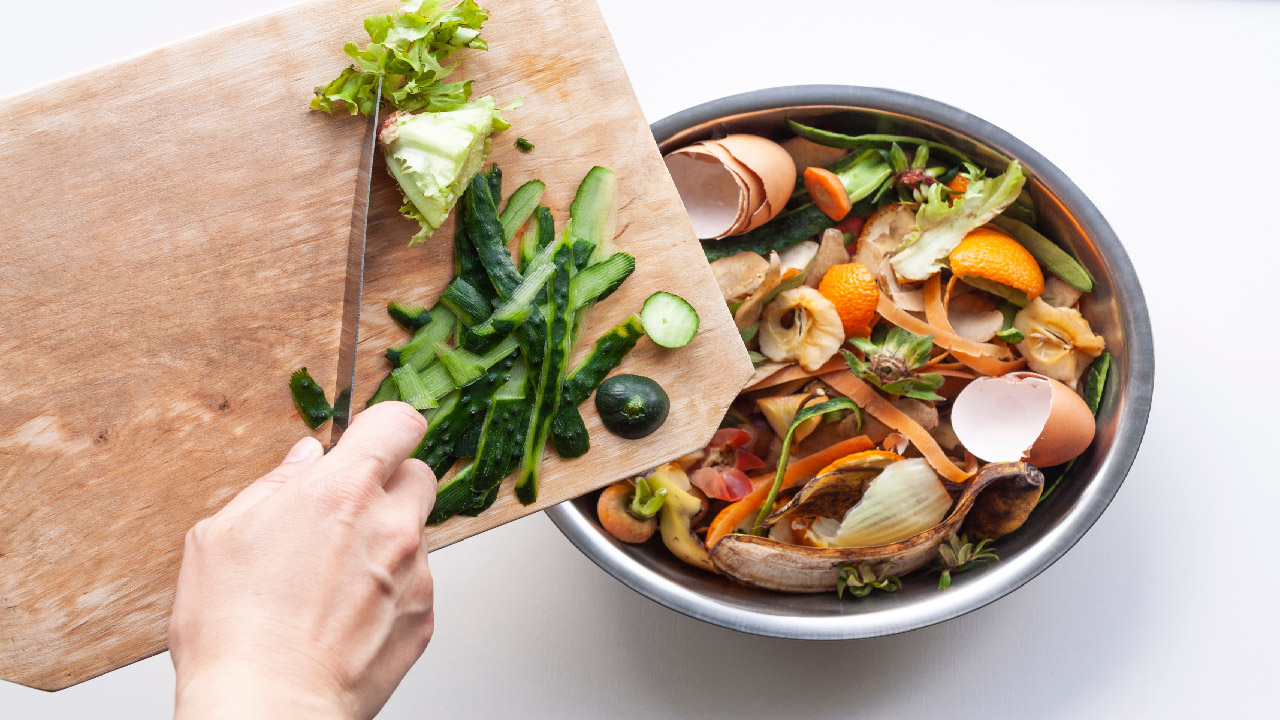15 Things You Should Never Compost
Apr 12th 2023
Composting is the best method we know for truly turning trash into cash. Recycling the right yard debris and table scraps in a composter can yield black gold in the form of rich, dark soil that can help any garden or plant grow better. In addition, recycling your kitchen scraps, leaves, grass clippings and other organic matter in a composter rather than tossing them out can take a little pressure off our already overstuffed landfills.
Although composting is incredibly easy, you need to know what not to compost as well as well as what to put in compost bin containers. Read on to learn about the 15 things to never compost with these helpful composting tips from DripWorks.
- Meat, fat, and animal bones. These table scraps can attract unwanted pests like rats, raccoons, and possums as well as domestic critters like dogs and cats.
- Although the famous story of Squanto showing the Pilgrims how to use fish as fertilizer illustrates the benefits fish carcasses can have on growing things, putting fish and fish bones in your compost pile can also attract animals you may not want on your property.
- Toxic leaves from trees such as walnut and eucalyptus. These trees use natural toxins to discourage weeds and other competitive growth under them. Their leaves can also discourage growth of your plants if you put them in your composter.
- Animal or human feces. This waste can endanger the health of you, your family, and friends as well as pets. Flush or dispose of waste from humans or carnivorous or omnivorous animals to ensure safety. Aged manure from cows, chickens and other barnyard animals can benefit your compost pile, however.
- Diseased plants. Throwing leaves, stalks, or other parts of sick plants in your compost can bring that disease back to your plants when you spread the compost.
- Milk, cheese, and dairy products. Rodents love these types of foods at least as much as humans. Keep them out of your composter to avoid infestations of mice, rats, and other creatures.
- Bread and grain products. Cakes, pasta, and other grain products tend to attract pests.
- Sawdust and lumber. Wood products may have been treated with poisons such as arsenic to resist deterioration.
- This seemingly innocent grain can grow lots of nasty bacteria, which is a risk to you and your crops.
- Put diapers in the trash rather than in your compost pile. Besides the bacteria they carry, many diapers contain plastic that will not break down.
- Tampons and other personal products stained with blood. These items could present a health hazard and should be put in the trash.
- Tea bags. Although tea bags look like they are made of paper, some contain small particles of plastic. To avoid putting microplastics in your compost heap, toss your used teabags in the trash.
- To reduce the likelihood of weeds in your garden, avoid putting hardy species like dandelions in your composter.
- Coated and printed paper. Avoid slick magazines and catalogues as well as paper with lots of potentially hazardous inks and dyes on it. In most areas, you can recycle these types of paper.
- Cooking oils. These can attract pests and cause problems with your compost process too.
Avoid these 15 types of items, and you can create rich compost in your own backyard that will help your garden and the planet thrive.

